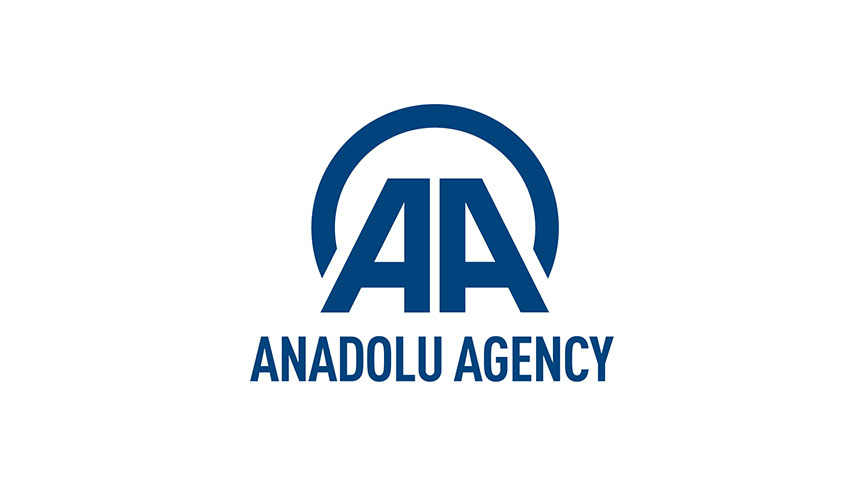-Eyes turn to Russia-Turkey summit
The Turkey-Russia high level cooperation council meeting on Thursday in Moscow is one of the most important events for both countries this week.
Economic relations of both countries have deteriorated drastically after the jet crisis in November 2015. However, in accordance with the mutual steps taken, the winds have changed and the countries have begun a process of normalization.
This week’s meeting, which will be attended both by Turkish President Recep Tayyip Erdogan and his Russian counterpart Vladimir Putin, is seen as a milestone of this normalization process.
The ongoing sanctions against the importation of some Turkish agricultural products, bans against issuing working permits to some Turkish citizens and companies will be among the topics that are expected to be discussed.
Also, energy projects such as the TurkStream natural gas pipeline project and the Akkuyu Nuclear Power Plant will also be some of the most important elements of the planned meetings this week.
Meanwhile, a softening of the visa regime applied one-sidedly by Russia against Turkish citizens could result in a relaxing of entry requirements for some Turkish business people.
In brief, the agreements, which will be announced by the two presidents after the meetings, will be critically important for the citizens of both countries.
Gazprom to soon start TurkStream offshore section
Russian gas giant Gazprom announced that they were planning to start the sea section of the TurkStream natural gas pipeline during the second half of this year.
According to the statement of the company, the construction of the project on Russian soil has almost finished and the sea section of the pipeline will begin to be laid in the coming months.
The TurkStream natural gas pipeline project agreement between Turkey and Russia was signed on Oct. 10, 2016 and was ratified by Russian President Vladimir Putin on Feb. 7.
The project, which was announced by Putin during a 2014 visit to Turkey, is set to carry gas from Russia under the Black Sea to Turkey's Thrace region. One line, with 15.75 billion cubic meters of capacity, is expected to supply the Turkish market, while a second line will carry gas to Europe.


